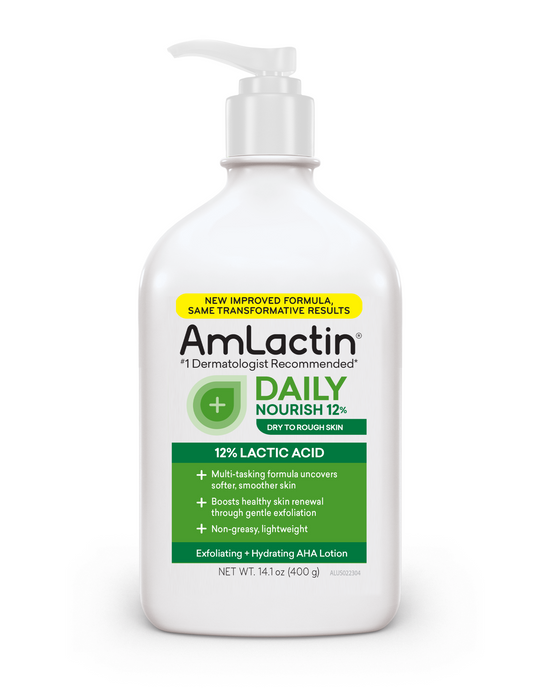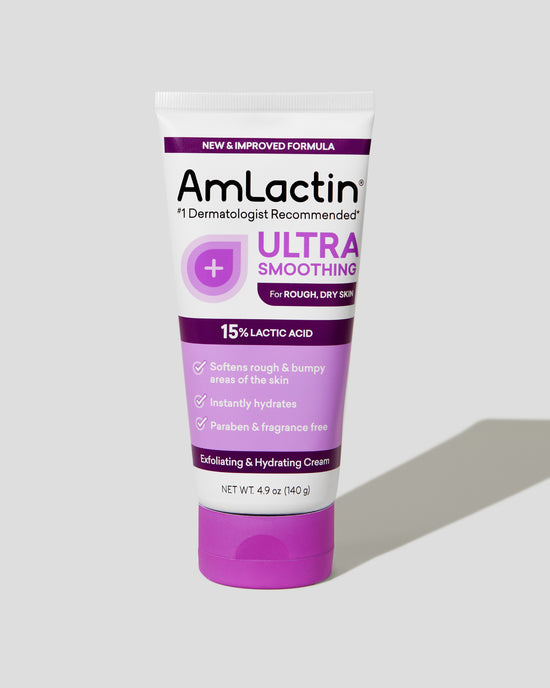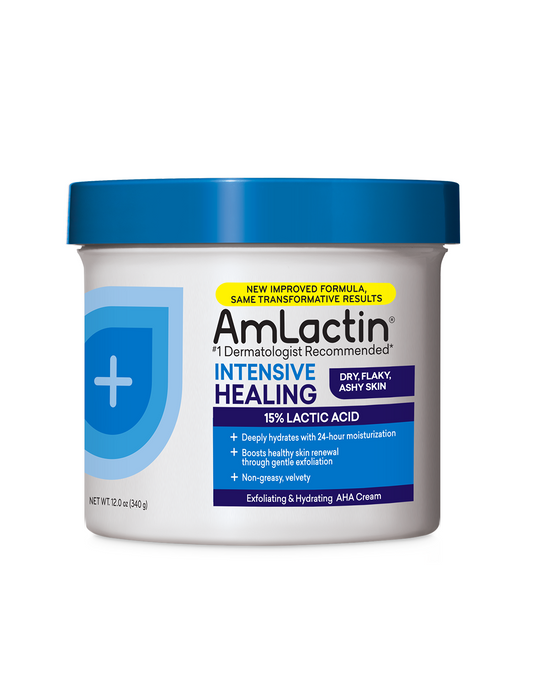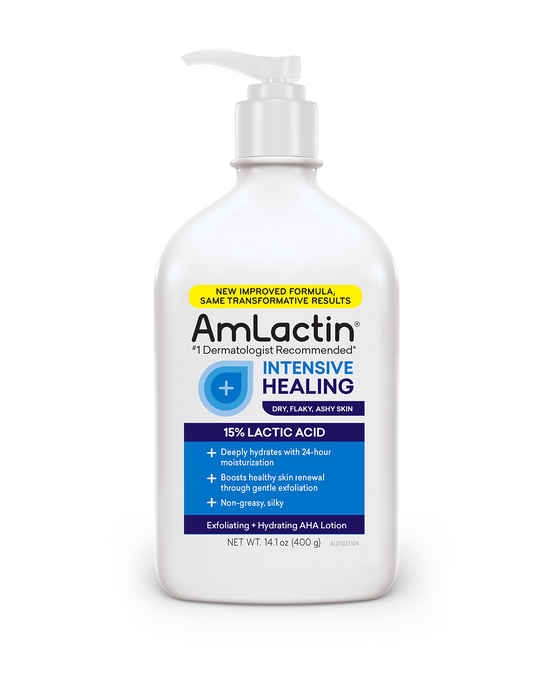Many people assume ashy, dry skin is just part of the nature of dark skin. It may feel like it, but is this true?
While skin properties, including the ability to retain moisture, do seem to vary across races, there’s simply not enough research or studies on Black skin with a big enough sample size to draw definitive conclusions. However, the small studies that have been done do suggest that water content and ceramide levels are lower in Black skin, which may make preventing dry skin more challenging.
Both hydration and ceramides—the fatty acids produced in your skin that help strengthen the skin’s moisture barrier—are important for healthy, smooth skin. So, finding skin care products that help moisturize and renew your skin is key to preventing and managing dry, ashy skin.
Body Skin Care Routine for Black Skin
Dry skin can be more visible on dark skin tones, which can also make it more bothersome from a personal standpoint. To make matters more difficult, not all skin care products are the best products for your specific. For example, ingredients like sulfates, alcohol, vitamin A, and retinol can make dry skin worse, especially if they are the top-listed ingredients in skin care products.
What your skin needs is hydration and a way to lock in that moisture. You also want to make sure you and your skin products are gentle with your skin. No matter how tempting it is to scrub away dry flakes, do not treat your skin harshly or with force. This can damage your skin and lead to more dryness and irritation. Consider using a moisturizer with lactic acid, which both gently exfoliates and deeply hydrates skin, transforming dry, flaky, ashy skin to smoother, more radiant-looking skin.
5 tips to care for Black skin
Most tips for preventing dry skin are relatively universal, but people with darker skin tones do have to deal with some differences when it comes to preventing certain skin irritations. For example, eczema and seborrheic dermatitis are two conditions common in African Americans, causing dry, itchy skin, and scaly patches on the scalp, face, and other areas of the body. If you think you have one of these conditions, see a dermatologist who can help design a good skin care routine for you. You’d be surprised how even taking a small step, like changing to gentler hair products or using only fragrance-free skin care products, may make a huge difference in your skin.
Here are some tips you can start using today:
1. Bathe or shower in warm to cool water. A long bath or shower in hot water may make our bodies feel good, but not our skin. Hot water can strip skin of its natural oils and if you’re already dealing with dry skin, this can make matters worse. So shorten your bathing time and use cooler water.
2. Moisturize every day. Always moisturize after bathing or showering, and apply skin cream or lotion while your skin is still damp. This will help lock moisture in. If you have dry skin, moisturize in the morning and at night before you go to bed.
3. Look for humectants. Lactic acid, similar to other alpha-hydroxy acids (AHAs), is a humectant—it works by drawing and locking moisture in the upper layers of skin. Some lotions that do not contain humectants moisturize the surface only, so they do not do as good of a job protecting the skin barrier.
4. Treat acne early. Catching and treating acne as it’s just beginning to emerge can reduce the chances of developing dark patches on the skin or raised scars (keloids), which often occur with more moderate to severe acne.
5. Protect your skin from the sun. The ultraviolet rays of the sun damage skin, even dark skin, so wearing sunscreen anytime you’re outside in daylight is important. Sunscreen can also help prevent dark patches (hyperpigmentation) from appearing on your skin.
6 .Eat hydrating foods. Keeping moisture in your skin is easier when you eat a nutritious diet that is low in sugar, limits alcohol, and includes hydrating foods like berries, melons, leafy greens, walnuts, and fatty fishes (tuna, mackerel, salmon).
When to see a dermatologist about dry skin
If you have been trying to find solutions for dry skin and nothing works, it may be time to see a doctor who specializes in treating skin conditions. You may have an undiagnosed skin condition that causes dry patches or dry, scaly skin like eczema or psoriasis.
Even if you don’t have an underlying skin condition, a dermatologist can tell you how to best care for Black skin and help you develop a body skin care routine for your personal skin needs. There are also websites and directories that can help you find a Black dermatologist.







